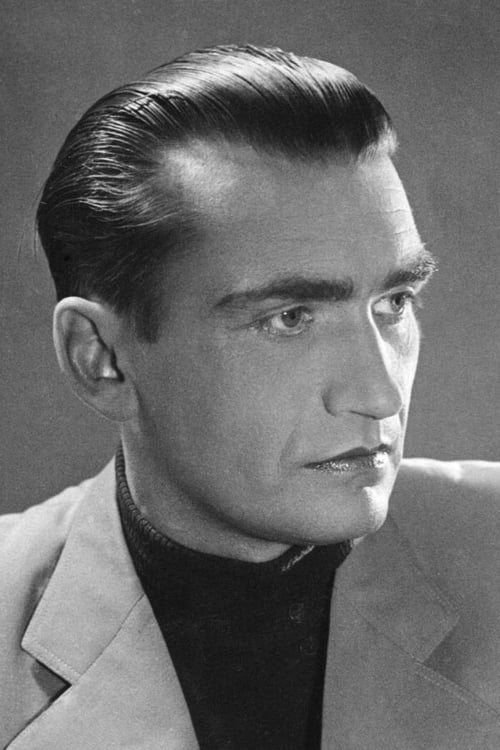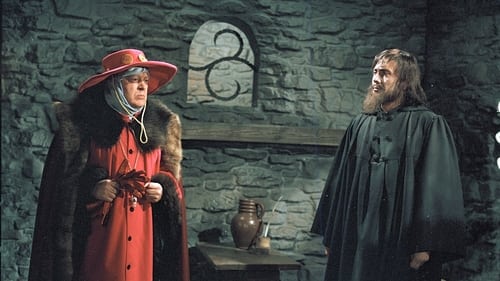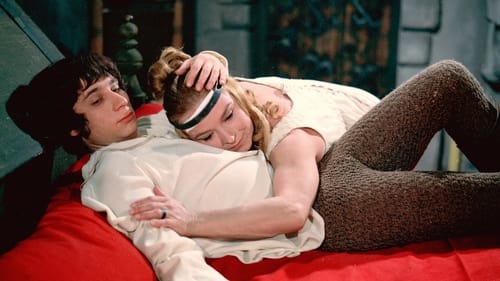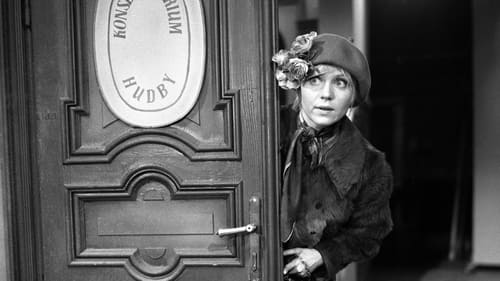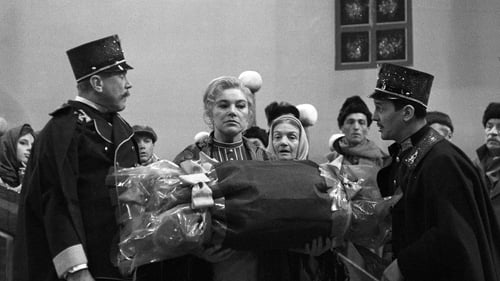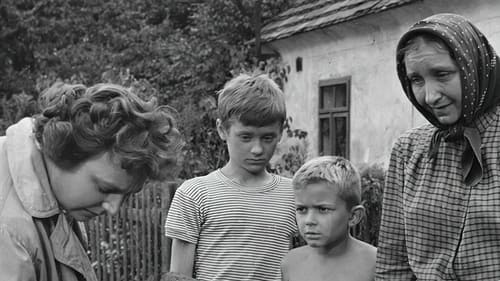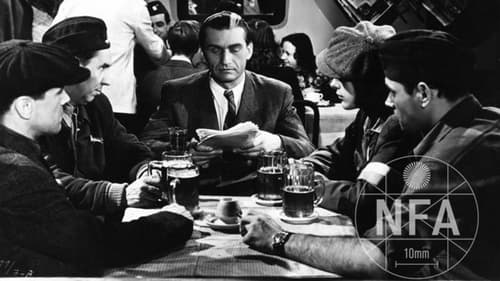Ladislav Boháč
출생 : 1907-04-14, Uherský Brod, Čechy, Rakousko-Uhersko
사망 : 1978-07-04
약력
Ladislav Boháč (14 April 1907 – 4 July 1978) was a Czechoslovak film actor. He appeared in more than 45 films between 1933 and 1977.
From Wikipedia, the free encyclopedia
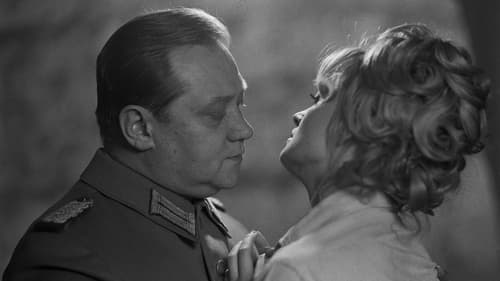
profesor

soused Hladík
The 11-year old Jakub is living in a children's home, when he is picked up by his father. The father has been "away" for four years, the boys mother doesn't want the child. Jakub gradually finds out, that his father is hiding a secret from him. But they gradually manage to build a warm relationship and a promising new life in the city.
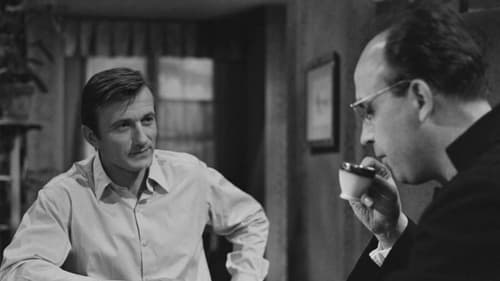
Monsignor Rigaud

General von Hoppe (voice)
During the Second World War, an old fortress is transformed into a detention camp for arrested allied generals who the Germans provide with every possible comfort. In the nearby garrison camp, however, hundreds of captured private soldiers try to survive hunger and cold.

film director

Jakoubek from Stríbro
The second part of the revolutionary Hussite trilogy takes place in the years 1419-1420.

Jakoubek ze Stříbra
Jan Hus is a 1954 Czechoslovak film directed by Otakar Vávra. It is the first part of the "Hussite Revolutionary Trilogy", one of the most famous works of the Czechoslovak director, completed with Jan Žižka (1955) and Proti všem (Against All Odds, 1957).

Dog's Heads (Czech: Psohlavci) is a 1955 Czech drama film directed by Martin Frič, based on the novel of the same name by Alois Jirásek. It was entered into the 1955 Cannes Film Festival.

Commentary (voice)

Czechoslovak consul
Based on a true story

Karel Kubát
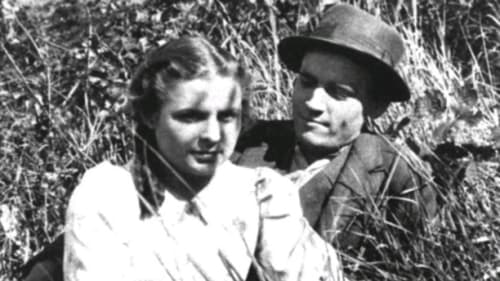
Hudec
In late 19th century Czech-speaking Bohemia, oppressed workers at German-owned mines and foundries revolt against their harsh working conditions. Made shortly after World War II as Czechoslovakia was falling to communism, the film resonates in Czech resentment of the German occupation.
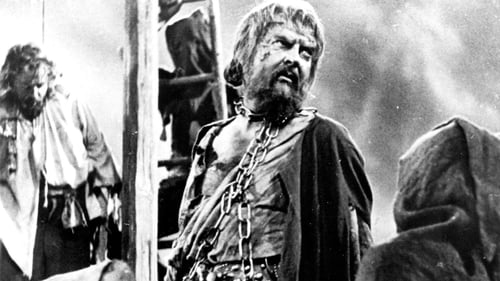
kněz Jan Rokycana
Czech history movie.

Commentary (voice)

Nikolo
Prague, the beginning of the 17th century. Rozina falls in love with Italian glass worker Nikolo, but after returning home, she gets a message that will never come to Prague. She falls for the promise of an older man to marry her, but when Nikolo does return, the tragic fate of Rozina is sealed.

Commentary (voice)

Commentary (voice)

Jiří Valeš

chalupník Josef Marek

Václav Trantinec

JUDr. Josef Bezoušek

Jan Dlabal

Petr Lukáš

Jaroslav Klán

Zdeněk Skála

Antonín Černý

Ing. Prokop

JUDr. Hynek Hupka
Venice Film Festival 1939

Jaroslav Goll

Ing. Jan Bavor
Drama directed by Miroslav Cikán.

Karel Novák

MUDr. Tomáš Lepař

Pavel Svoboda

Pavel Kalina / Commentary (voice)

profesor francouzštiny Bartoš
Seventh form pupils at a grammar school in Přívlaky are preparing for a secondary school sports competition. Class creep Krhounek gives the class teacher Lejsal a copy of the seventh form’s magazine Roar. Most of the teachers insist on severe punishing the culprit. The author does not own up and consequently the whole class is punished by being banned from taking part in the schools competition. The most gifted pupil, Benetka, rather sharply criticises the school in a homework essay on a subject of his choice. The strict Czech language teacher is convinced Benetka is the author of the school magazine. Benetka denies the charge but his expulsion from school is proposed anyway on account the views he expounded in his essay. Eventually, Boukal, the author of the school magazine comes forward and admits to writing it. The pupils are allowed to take part in the contest and thanks to Benetka they win. In the meantime however the teachers vote to expell him.

Jan Aleš

A morally questionable lord comes to the aid of a working class man who is to be executed for speaking out about thieving rich scoundrels sticking it to the poor.

JUDr. Václav Neprosil
Venice Film Festival 1938

Laca Klemeň
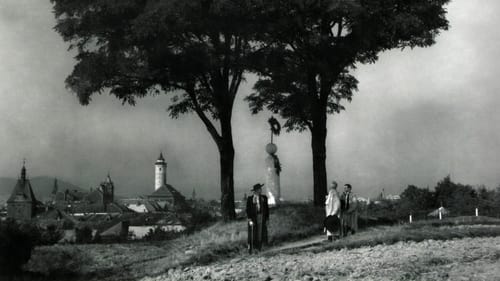
Vondra
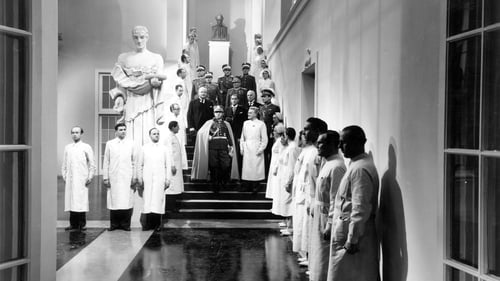
Krog's Son
The White Plague, a leprosy-like disease, ravages the world during a war. Based on a play by Karel Čapek.

Ferda Zuska

Jiří Bender alias Wells

Vavrena
A student rebellion precedes revolutionary events in Prague.

Pavel Jimeš
The doomed love of a city girl caught in the vise of poverty is detailed in Vavra’s fluid, romantic work, one of the most elegant creations of the Czech Modernist era... The film lingers over its characters’ habitats and haunts, finding psychological truths in what each owns or desires, and countering every Hollywood-ready scene of gleaming restaurants and dazzling penthouses with realist moments of employment lines and crammed flats. Vavra’s classical camerawork and aura of romantic defeatism give Virginity a force comparable to the master of this genre, Hollywood’s Frank Borzage. (BAM/PFA)

Karel Hynek Mácha
Film about famous poet Karel Hynek Mácha

Jiří, otec malé Jany

MUDr. Jílkovský
Professor Karas is widely known as enthusiastic propagator of the motto "Morality Above All Else". He guides his students as well as his own family to live a morally decent life. One day he has an unexpected visit. It's his illegitimate daughter Vera, who is proof of his thoughtless youth. Mr. Karas know that she can ruin his image, thus he decides to keep her a secret and asks her to leave. Instead of leaving she takes a position of a governess in his own family without letting him know. Mr. Karas realizes that he must reveal the truth sooner or later, but he doesn't have enough courage to do so. As he postpones it, he is more and more scared to come to his own home.

Ing. Zdeněk Junek
Venice Film Festival 1937

Michael

Self
